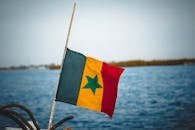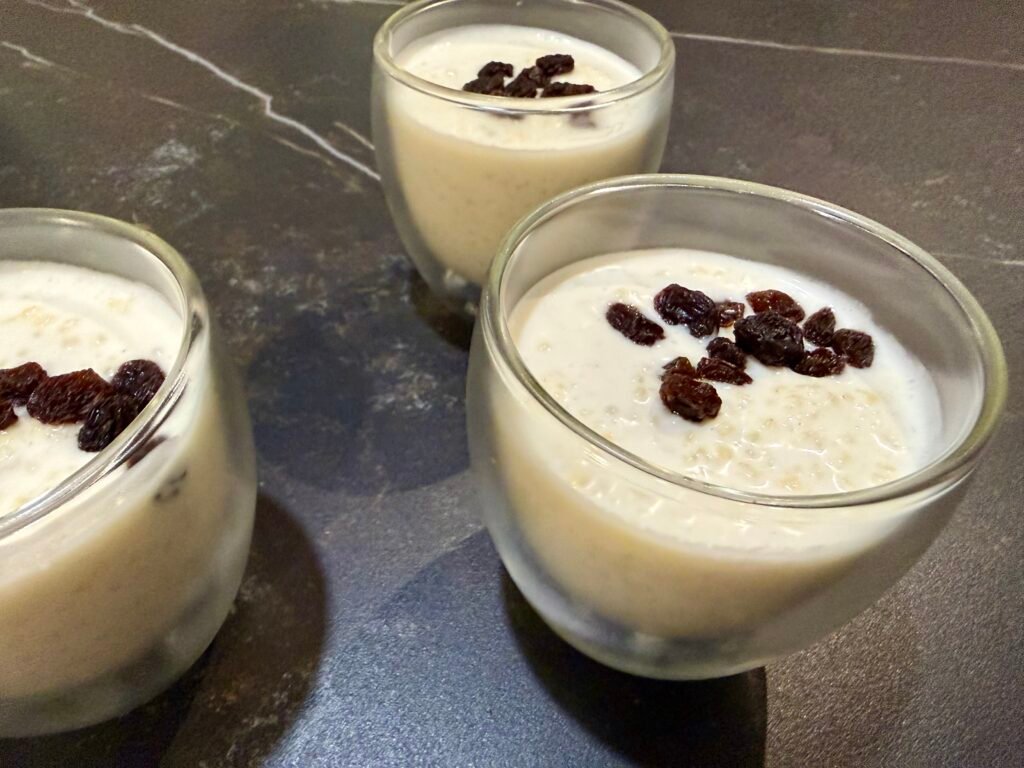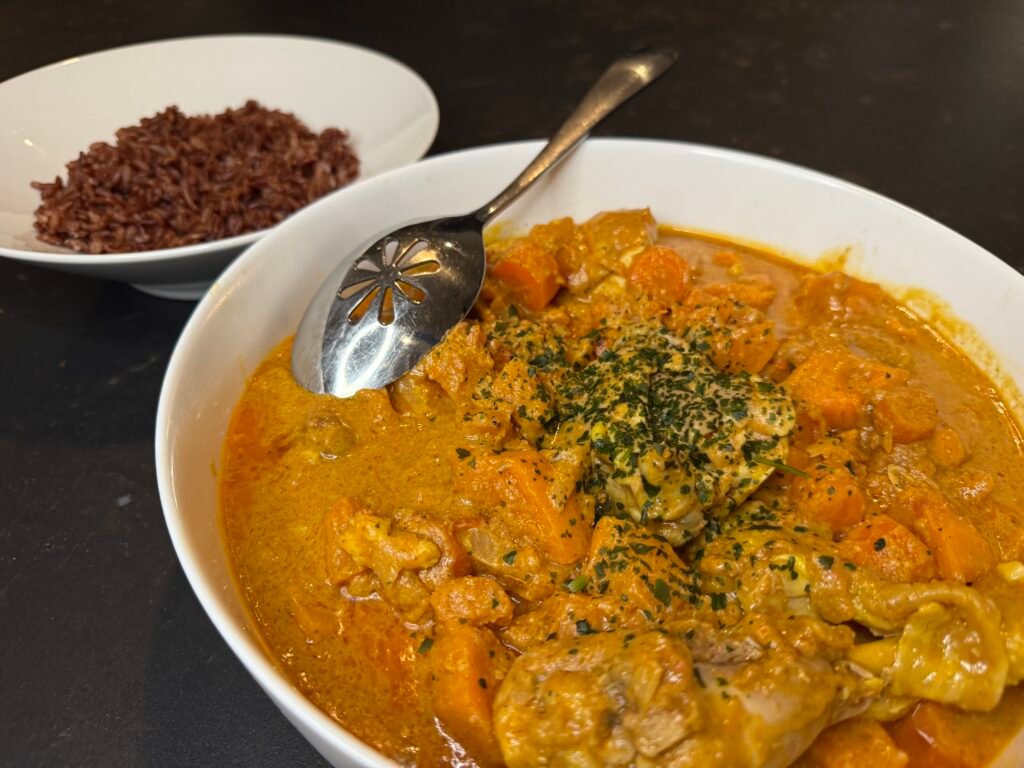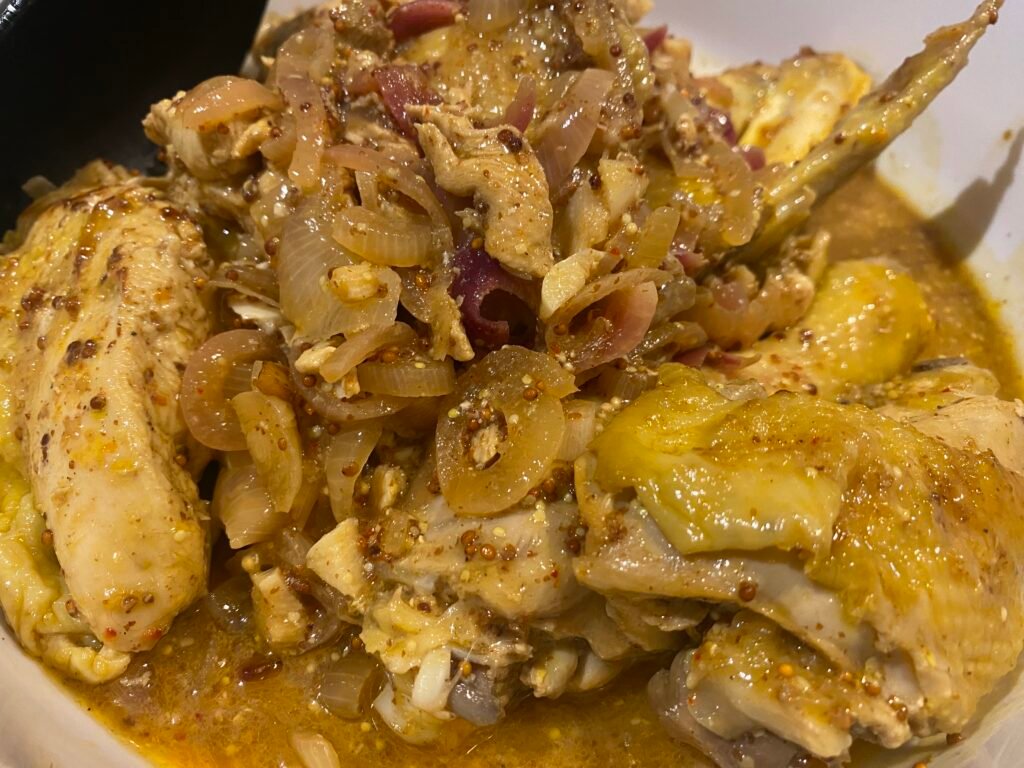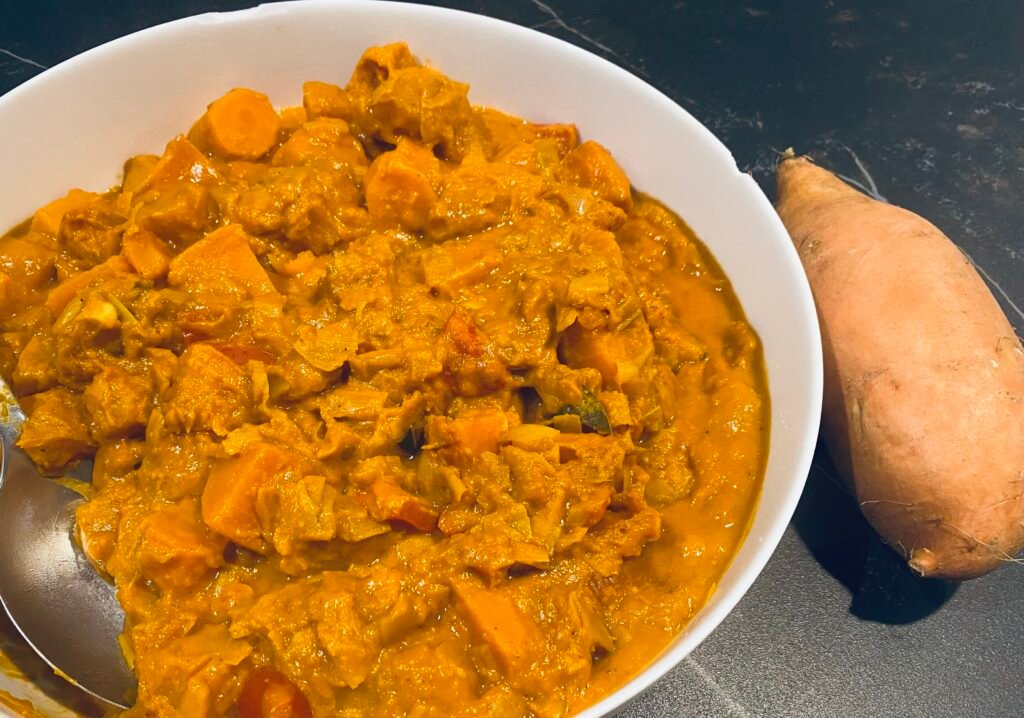Senegal, located on the west coast of Africa, is a country with a rich history and vibrant culture. A former French colony, Senegal gained its independence in 1960 under the leadership of Léopold Sédar Senghor, poet and first president of the country. Senegal is recognized for its political stability and cultural diversity, embodied by its different ethnic groups such as the Wolofs, Sereres and Diolas. The Muslim religion plays an important role, with influential Sufi brotherhoods such as the Mourides. Senegal is also a country of music, famous for genres like mbalax, popularized by Youssou N'Dour.
The capital, Dakar , is a bustling cultural center, where art, fashion, and music occupy a prominent place. The country celebrates many festivals and cultural events, such as the Saint-Louis Jazz Festival and the Dakar Biennale of Contemporary African Art.
Traditional Gastronomy and Gluten Free Options
Senegalese cuisine is famous for its spicy, colorful and flavorful dishes. Many staple ingredients, such as rice, fish and vegetables, are naturally gluten-free, allowing travelers with gluten intolerance to fully enjoy the local cuisine.
Some traditional gluten-free dishes include:
- Thieboudienne : The national dish of Senegal, made from rice, fish, and vegetables. It is naturally gluten-free and reflects the importance of fish in Senegalese cuisine.
- Chicken yassa : Chicken marinated in lemon, onions and spices, then cooked over low heat. This dish is traditionally served with rice and is naturally gluten-free.
- Maafe : A meat or fish stew made with peanut sauce, often accompanied by rice or millet.
- Ndambe : A spicy bean stew, often served with bread, but can also be enjoyed on its own or with rice for a gluten-free version.
These dishes offer an excellent option for those who want to discover Senegalese gastronomy while following a gluten-free diet.
The Essential Things to Visit in Senegal
Senegal is a destination of varied landscapes and historical sites . Here are some must-see places to discover during your trip:
- Gorée Island : Listed as a UNESCO World Heritage Site, this historic island is known for its Maison des Esclaves, a poignant place which tells the story of the slave trade.
- Pink Lake : This salt lake with its astonishing pink hue is one of the most emblematic sites in Senegal. Its color is due to a high concentration of salt and specific algae.
- Niokolo-Koba National Park : This park is a haven for wildlife enthusiasts, where you can observe elephants, lions and antelopes in their natural habitat.
- Saint-Louis : Former capital of Senegal, this city is listed as a UNESCO World Heritage Site for its unique colonial architecture and its role in the country's history. It is also the center of the famous Saint-Louis Jazz Festival.
Senegal is a country where history and nature intertwine to offer memorable experiences to travelers.

